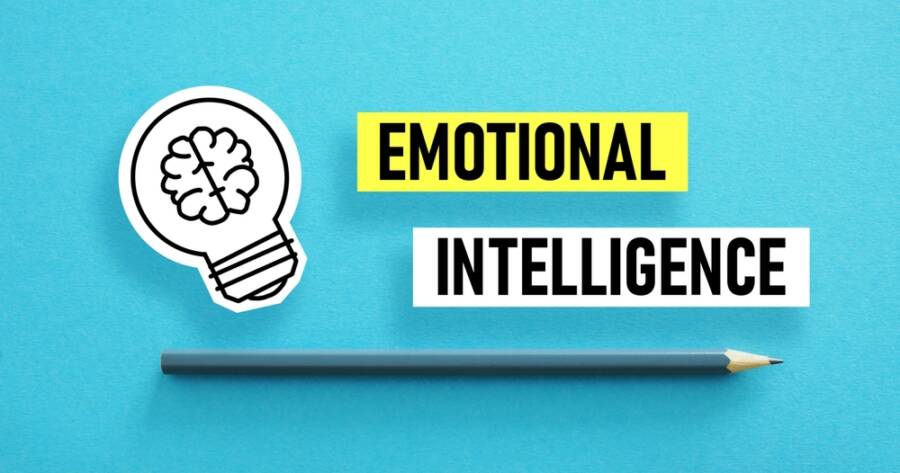For decades, intelligence quotient (IQ) was seen as the ultimate predictor of career success. High scores were associated with sharp minds, problem-solving abilities, and technical know-how. While IQ still plays a role, research and real-world experience have shown that emotional intelligence (EQ) is often a stronger predictor of professional performance, leadership potential, and workplace satisfaction.
Understanding EQ: What It Really Means
Emotional intelligence is typically broken down into five core components:
- Self-awareness – Recognizing your own emotions and how they affect your behavior.
- Self-regulation – Managing impulses, staying calm under pressure, and thinking before reacting.
- Motivation – Being driven by internal goals rather than external rewards.
- Empathy – Understanding the emotions and perspectives of others.
- Social skills – Building relationships, managing conflict, and communicating effectively.
Unlike IQ, which is largely fixed, EQ can be developed and strengthened over time, making it an empowering skill to invest in.
Why EQ Outweighs IQ in the Workplace
In most job settings, technical knowledge and cognitive ability will only get you so far. Success today depends just as much on how you interact with others, handle challenges, and lead yourself and your team through change.
Here’s why EQ is more valuable than IQ in many professional scenarios:
- Team collaboration: People with high EQ can navigate group dynamics, listen actively, and contribute constructively—even in tense or fast-paced environments.
- Leadership effectiveness: Great leaders don’t just strategize—they inspire, support, and adapt. EQ helps leaders connect with their teams on a human level.
- Resilience and stress management: High-EQ individuals manage pressure more effectively. They’re less likely to react impulsively and more likely to bounce back from setbacks.
- Conflict resolution: Navigating disagreements with empathy and diplomacy is a crucial workplace skill—and one that EQ directly supports.
- Customer service: Employees who can read emotional cues and respond with empathy are better equipped to build rapport and trust with clients or customers.
While IQ might get someone hired, EQ often determines how successful, respected, and promotable they become.
How to Improve Your Emotional Intelligence
The good news is that unlike IQ, EQ isn’t fixed. You can build and enhance your emotional intelligence through self-awareness and intentional practice.
Start with Self-Reflection
Understanding your emotional patterns is the first step. Reflect on how you react in challenging situations. Are you quick to get defensive or shut down? Do you take time to understand your emotions before responding?
Journaling, mindfulness, or even asking for feedback from trusted colleagues can help you become more aware of your emotional habits.
Practice Active Listening
Improving your listening skills builds empathy and trust. When engaging with others, focus fully on what they’re saying—without interrupting or mentally preparing your reply. Make eye contact, nod, and respond thoughtfully.
Listening isn’t just about hearing words; it’s about understanding emotion and intention.
Manage Your Reactions
Emotional regulation is essential for professionalism and credibility. Take a breath before responding to criticism. Walk away when emotions run high. Develop techniques—like counting to ten, deep breathing, or reframing thoughts—that help you stay centered during stressful moments.
Cultivate Empathy
Try to see situations from others’ perspectives. Ask open-ended questions to understand what others are feeling and why. The more you practice empathy, the more naturally it will become part of your communication style.
Strengthen Your Social Skills
Be proactive in giving feedback, offering encouragement, and resolving conflicts. Whether you’re leading a meeting or networking at an event, strong interpersonal skills foster better relationships and improve team dynamics.
EQ Is the Edge You Didn’t Know You Needed
In a competitive and ever-evolving professional world, emotional intelligence is no longer a “nice-to-have”—it’s a must-have. It’s what helps you manage change, inspire trust, navigate tough conversations, and collaborate with others more effectively.
While IQ may open doors, it’s EQ that helps you walk through them with grace, empathy, and impact. And the best part? It’s a skill you can strengthen every day—starting now.

